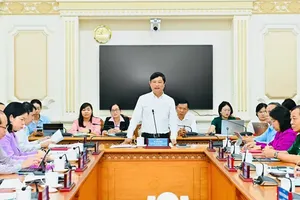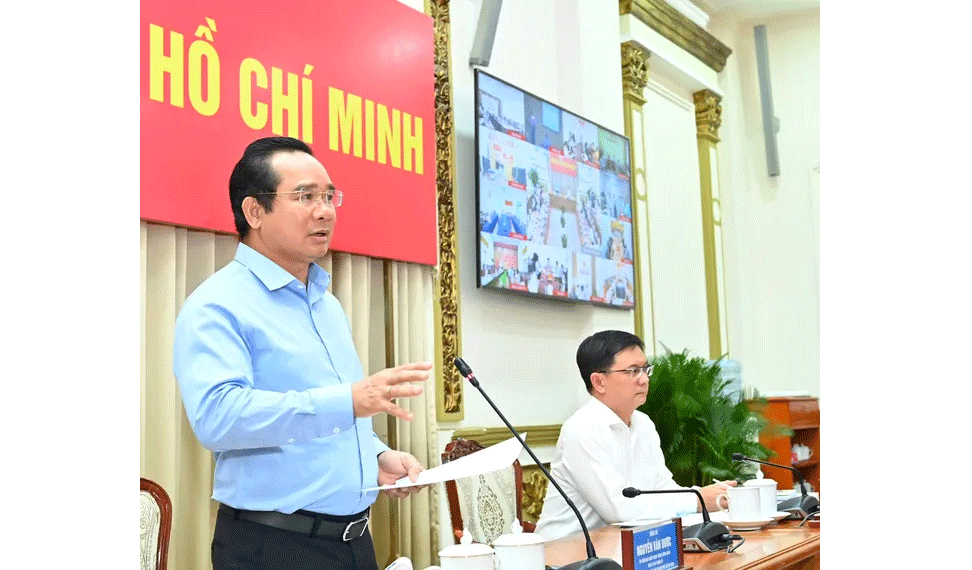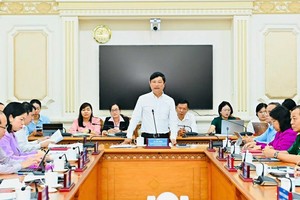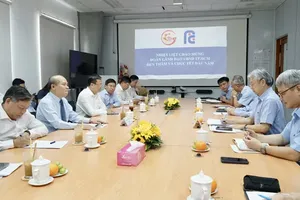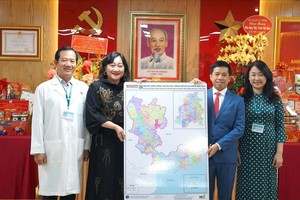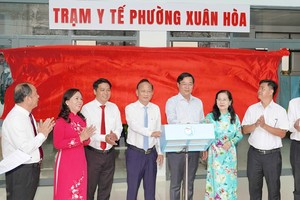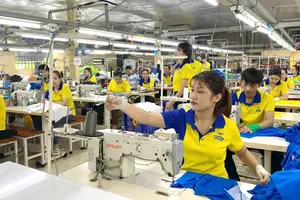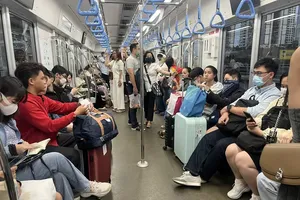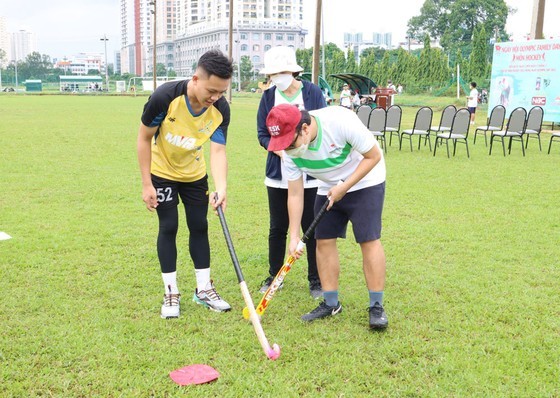 Children with disabilities are taught to play hockey
Children with disabilities are taught to play hockey
The summer camp taking place on July 2 at the Ho Chi Minh City Sports and Sports Training and Competition Center in District 11 aims to reduce the anxiety of families with children with intellectual disabilities, and Down syndrome and help children integrate into the community.
Special children including children with intellectual disabilities, children with Down syndrome, and autism often have difficulties in communicating and controlling language, behavior, and emotions when interacting with society and the world around them. However, they have a need for sports activities. Through these activities, disabled children are physically trained as well as helped to enhance social interaction and communication.
Mr. Tuan Nghia, a parent of a disabled son named Thien Phuoc, shared that thanks to useful activities such as the Para hockey summer camp, children with disabilities have more playgrounds, and meet and interact with more friends. He was happy because his child was quite passive before, but since participating in sports such as swimming, football, baseball, and hockey, the boy is happier and more open day by day.
Following the success of previous years, the model of Para hockey summer camp in 2022 is improved much more. Up to 50 families with special children have participated in this summer camp. The children were taught to play hockey and participate in many sports games such as checkerboard with hockey, relay ball with sticks, cornhole and bowling with hockey.
These sports are expected to help children with special needs to keep their concentration when constantly observing and controlling the direction of the ball's movement. In addition to improving fitness and health, the Para hockey summer camp also helps children gain more confidence, enhance interaction, and social communication, and improve their quality of life.
Chairman of Ho Chi Minh City Hockey Federation Nguyen Ha Truong Hai said the summer camp is not only for children but also for parents to have more time to interact, guide, and play with their children.

